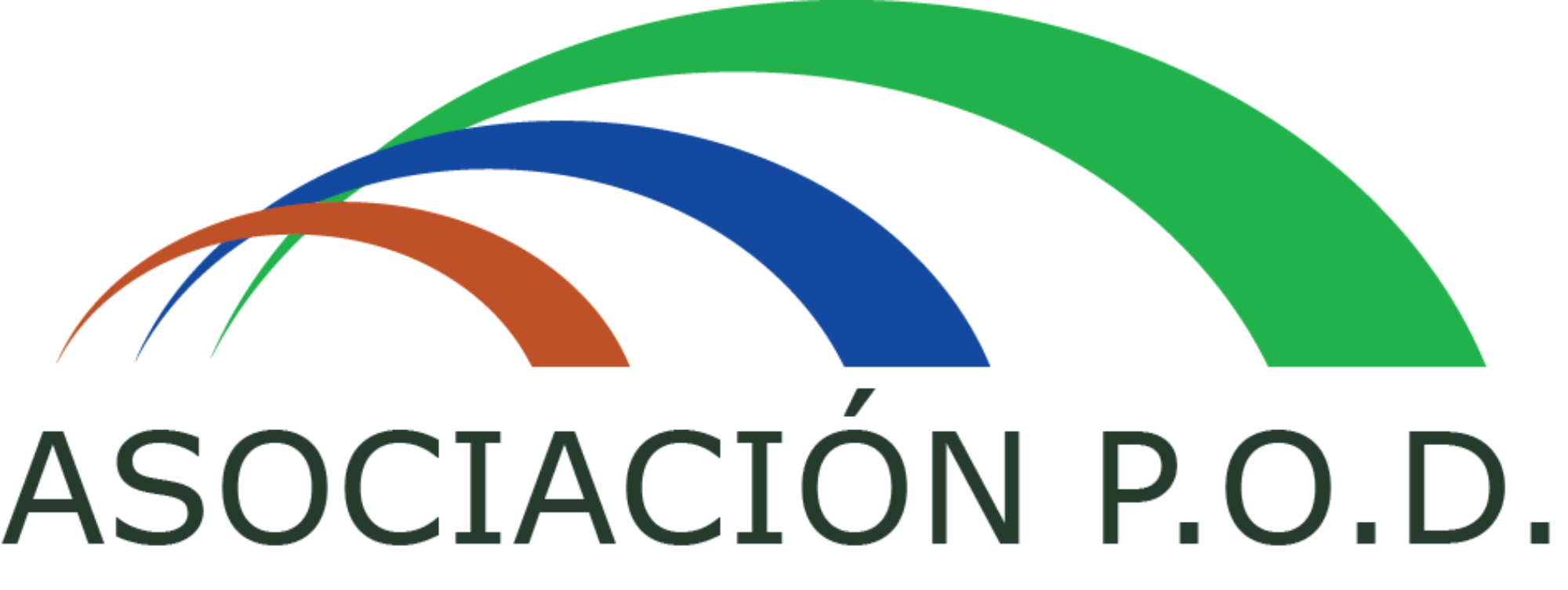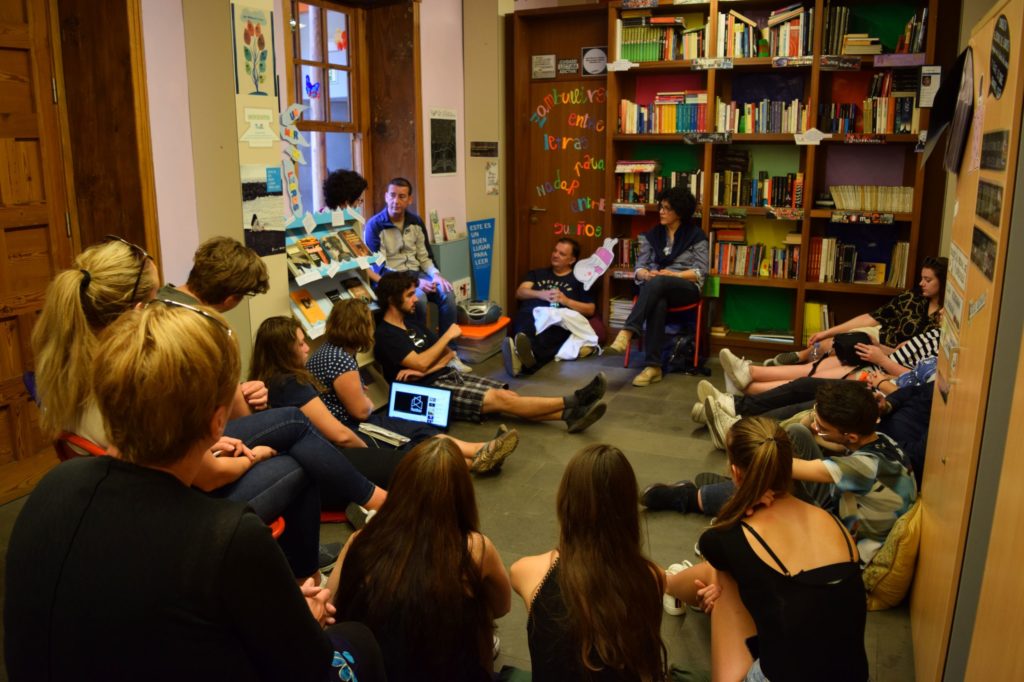
Co-funded: European Union, Erasmus+ Program – Key Action 1, Mobility of youth workers
Period: 01.06.2018 – 30.06.2019
Context:
We strongly believe that in order for any society to respect and advocate for human rights, whether locally or internationally, a sound knowledge of human rights is crucial and that the responsibility for delivering it lies ultimately with governments. As part of a lifelong learning process, Human Rights Education should begin in the early years, continue through primary and secondary schooling and extend beyond the classroom into tertiary education, the workplace and across civil society in general.
When governments lack to make this a priority, the process should not just be stopped or delayed, but try to make a positive change at local level, through the schools and NGOs that believe in the values of Human rights and the importance of HRE.
Objectives:
Through this project, we intend to advocate for human rights education and provide youngsters, teachers and youth workers with the knowledge on human rights and tools and methods for social intervention in the field of human rights violation, necessary to take initiatives in the schools and the local communities of the partners.
The project’s objectives:
- To enhance individual skills and competencies of 36 youngsters and 24 youth workers and teachers from 6 different European countries within a 7 days youth exchange and a 7 days training course in relation to human rights education and tools and methods for social intervention in the field of human rights violation.
- To establish quality approaches in human rights-related activities/projects of 6 NGOs and schools working with young people with fewer opportunities in Europe and to provide a greater understanding of interconnections between formal and non-formal education.
Activities:
1. Advance planning visit
Participants: 12 pax – 2 from each country (one group leader and one youngster that will attend the youth exchange)
Location: Puerto de la Cruz, Tenerife, Spain
Period: 20th of September (arrival) – 23rd of September 2018 (departure)
Purpose: To reinforce the partnership, to discuss and plan the project’s activities, divide tasks
2. Youth exchange
Participants: 42 pax, 6 group leaders and 36 youngsters, age between 18 – 30, with an interest in social problems and human rights, which we want to transform into agents of positive change
Location: Puerto de la Cruz, Tenerife, Spain
Period: 3rd of November (arrival) – 11th of November 2018 (departure)
Purpose: To make the youngsters ambassadors of human rights in their community – to enhance their knowledge about human rights, to increase their civic, social and cultural competences
3. Training course
Participants: 24 youth workers, staff and members of organisations working with young people in Europe and teachers that use non-formal educational methods in schools
Location: Puerto de la Cruz, Tenerife, Spain
Period: 9th of February 2019 (arrival) – 17th of February 2019 (departure)
Purpose: To enhance individual skills and competencies of 24 youth workers from 6 different European countries within a 7 days training course in relation to human rights issues and non-formal education.
Partners:
Applicant – Iceland, Mannréttindaskrifstofa Íslands
Romania, Youth Alma
Czech Rep., Obchodní akademie s.r.o.
Croatia, PRONI Centar za socijalno poducavanje
Italy, Istituto A. Volta
Photos from the activities, more on our Facebook page:

























